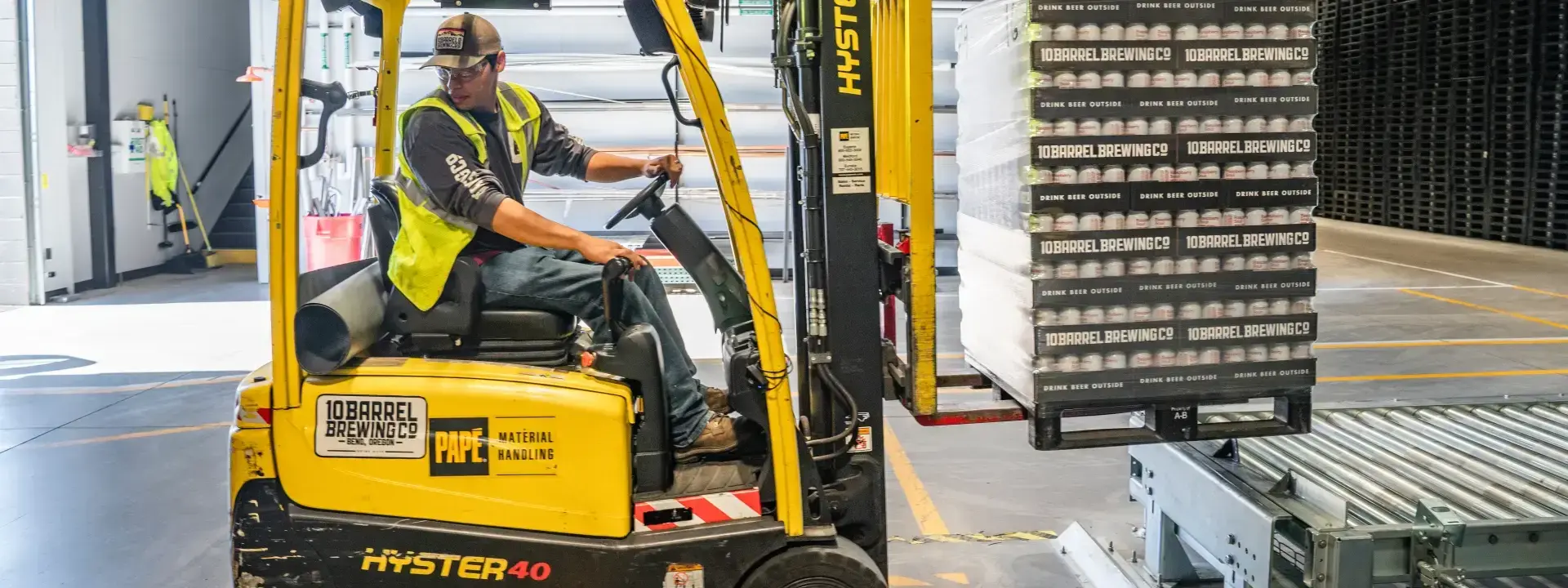
Factory Worker Job Description
What is a Factory Worker Professional?
A factory worker is an individual who is employed by a company to perform various tasks in a factory environment. Factory workers can be responsible for a variety of tasks, depending on the type of factory in which they work. In some factories, workers may be tasked with operating machinery, while in others they may be responsible for assembly or packaging products. The duties of a factory worker often vary based on their position within the facility. Workers who are involved in the manufacturing process may operate machines to create products or assemble components using tools and heavy equipment. Those working in quality control may inspect finished products before they are shipped out to ensure that they meet all safety and performance standards.
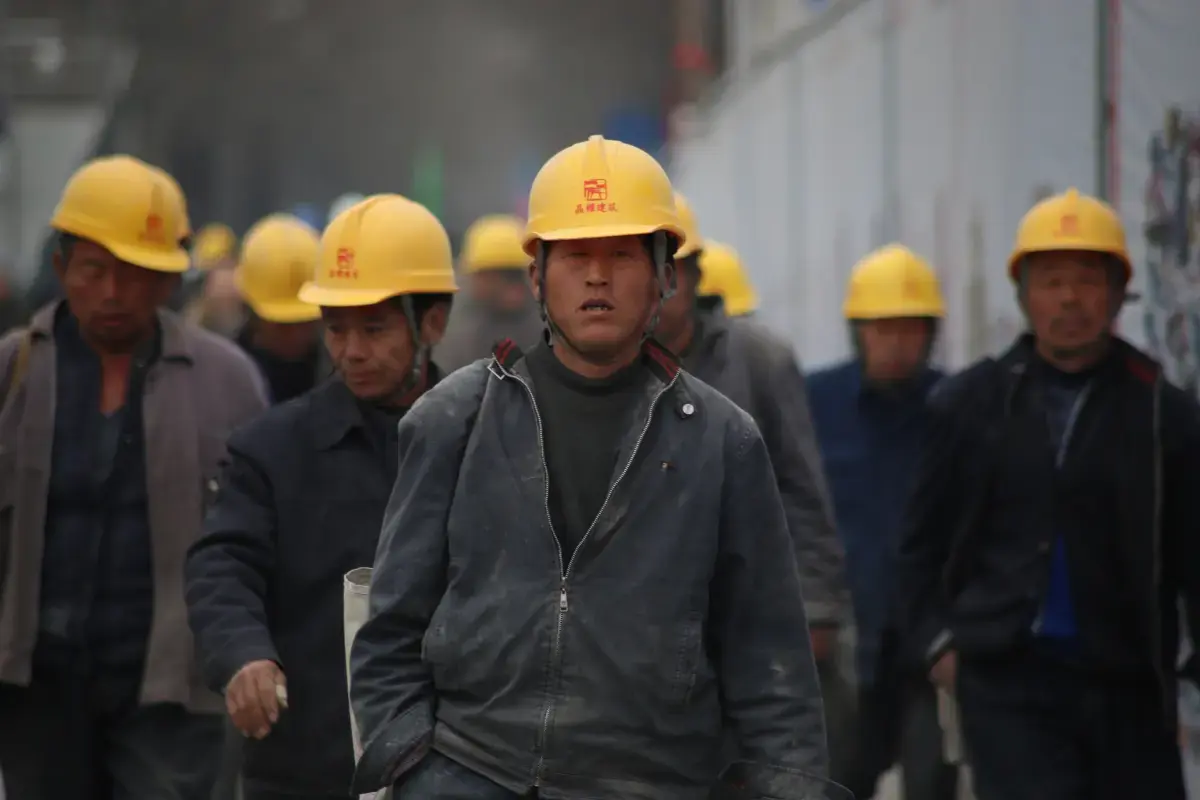
What does a Factory Worker Expert do?
Other common roles held by factory workers include materials handling, maintenance, and storage A factory worker is a person who performs various manual labor tasks in a factory. Factory workers are typically responsible for operating machinery, assembling products, and performing other physical tasks. Factory staff refers to the employees of a factory who are not engaged in production activities. These employees may include office workers, managers, maintenance staff, security guards, and others. The duties of factory staff vary depending on their position within the organization but generally involve supporting the operations of the plant.
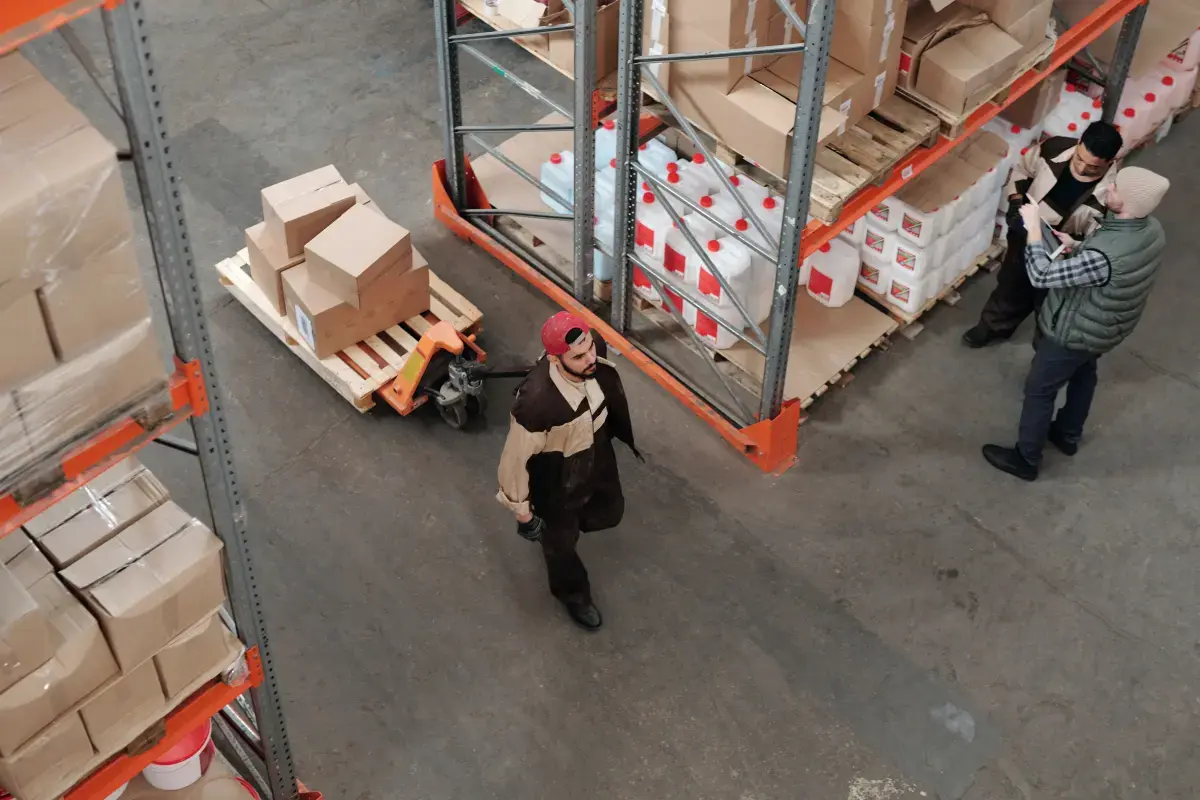
What are the Skills of a Factory Worker?
Factory workers need a variety of skills and experience to be successful. They need to have strong communication and interpersonal skills, as they will be working with other people in close quarters on a daily basis. They also need to have good problem-solving skills, as there are bound to be issues that arise during the course of their work day.
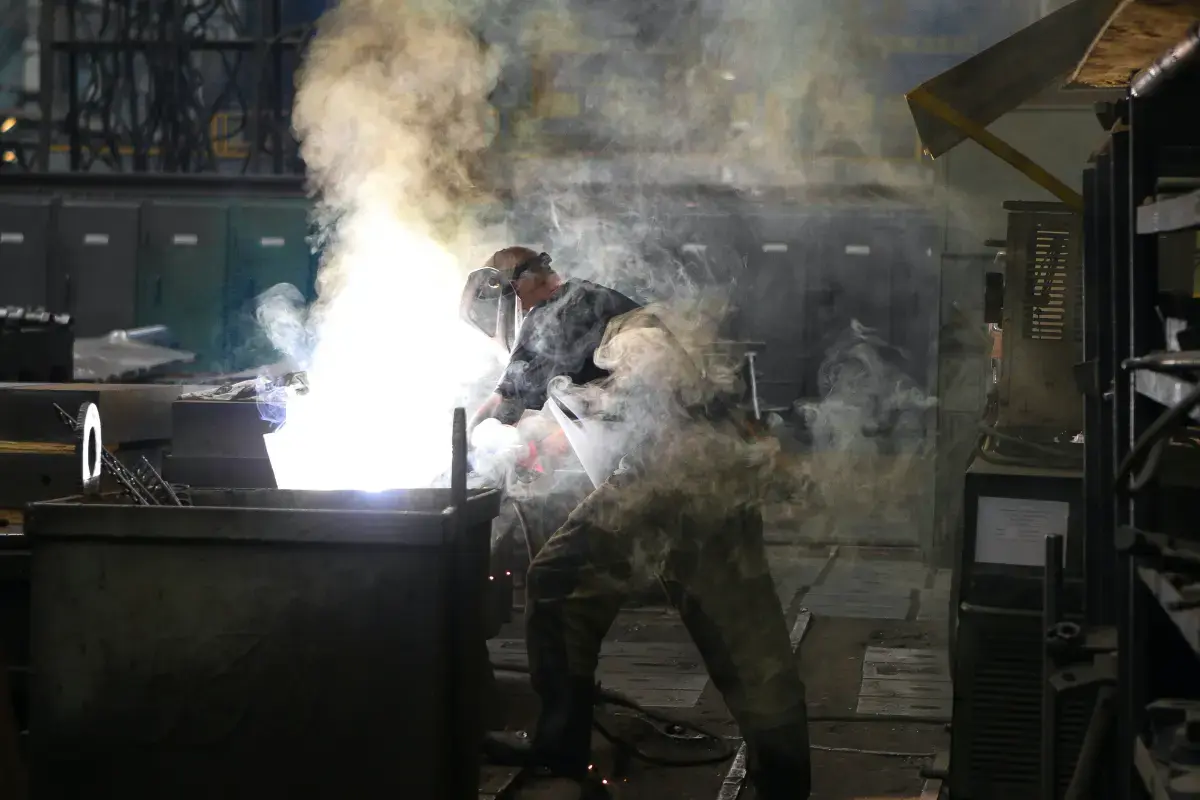
What makes an Expert Factory Worker?
Being able to think on their feet and come up with solutions quickly is essential for factory workers. In terms of physical abilities, factory workers must be able to lift heavy objects and stand for long periods of time. They should also have some basic understanding of machinery and how it works, as this can come in handy when troubleshooting problems that occur on the production line.
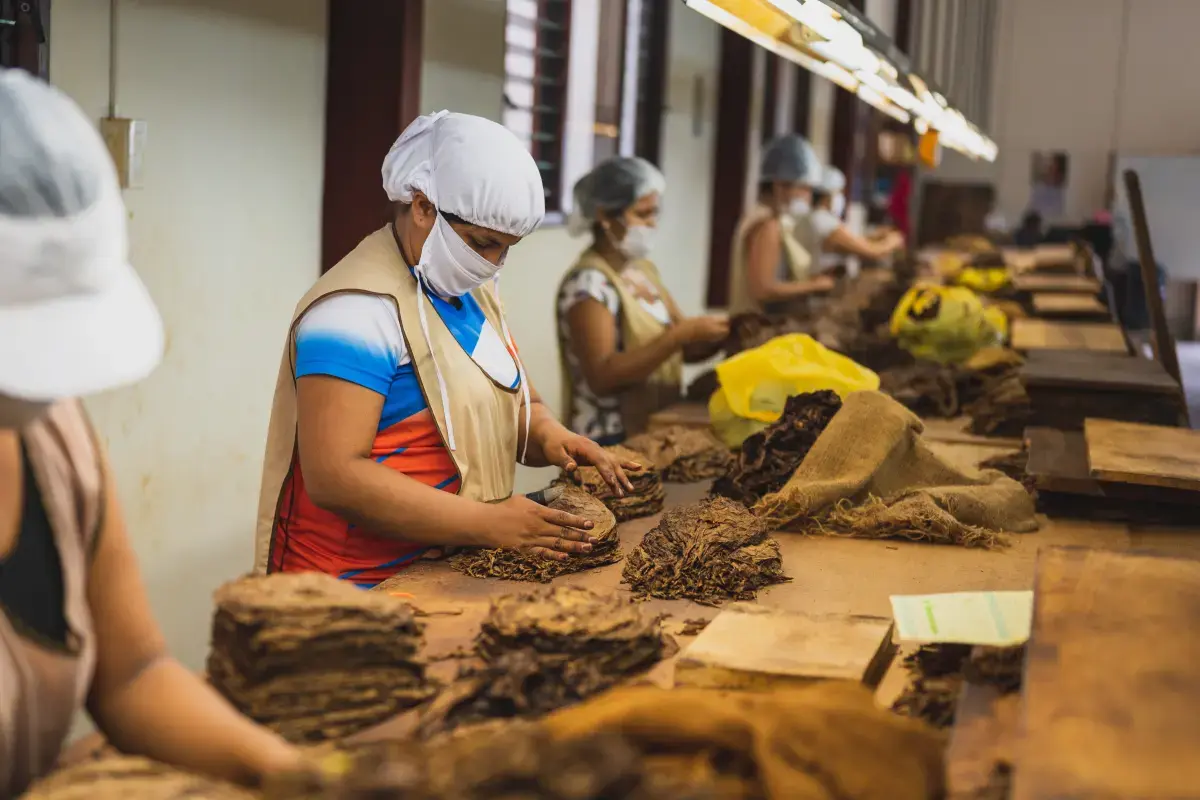
What level of Experience & Qualifications are required to be a Factory Worker?
Industry Experience: 1. Previous experience in factory work or similar field. 2. Knowledge of safety regulations and procedures, production processes and equipment use/maintenance protocols. 3. Familiarity with quality control standards, inventory management concepts, working in a team environment and problem solving techniques to ensure efficient operations workflow. Training: 1. On-the-job training from experienced workers on the proper operation of machines and tools used for specific tasks within the factory setting as well as general operational guidelines regarding safety practices and other related topics such as ergonomics & environmental health regulations compliance requirements etc.. Qualifications: 1 .High School Diploma or GED equivalent is usually required; vocational certification may be preferred depending upon the particular job duties being performed at any given time (e..g., welding). 2 .Ability to read blueprints/diagrams accurately; interpret technical instructions regarding product specifications; understand written directions concerning assembly process steps & troubleshooting method Education: • High school diploma preferred but not always necessary depending on the job role/companys requirements
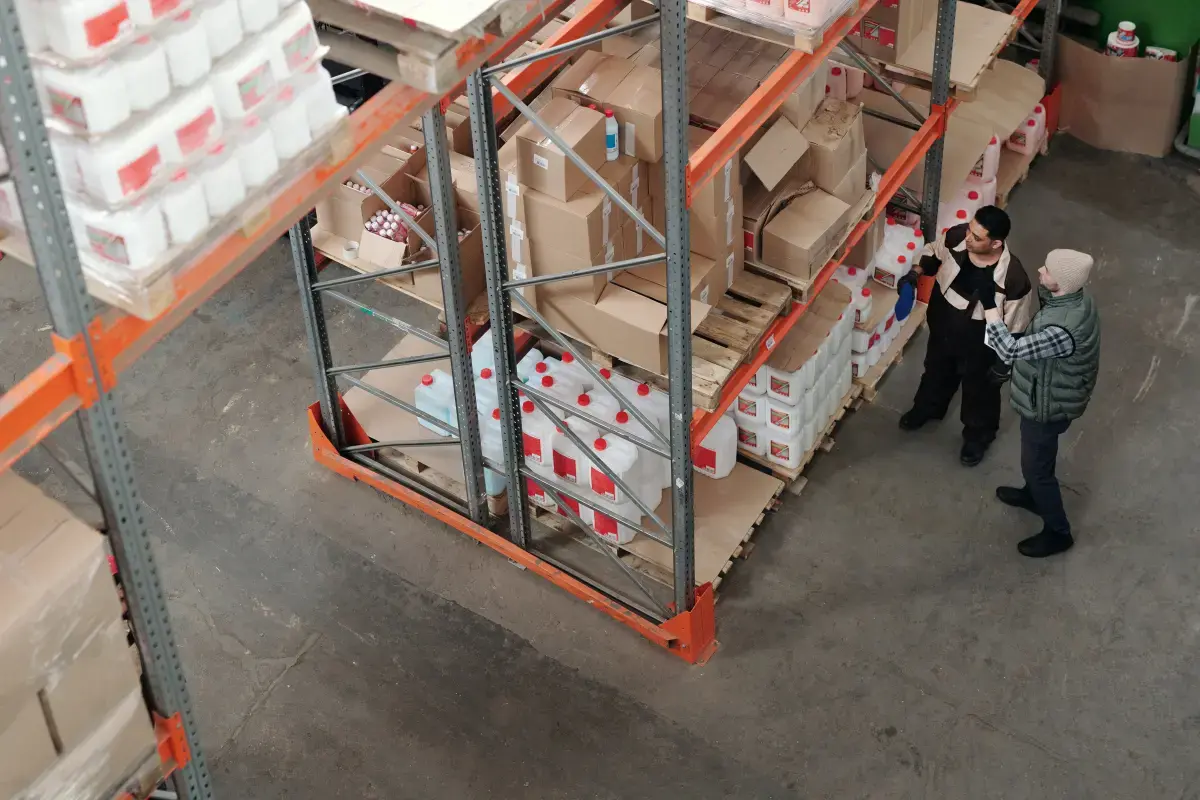
What is the Salary of a Factory Worker?
The salary expectations of a factory worker can vary greatly depending on the industry, experience level, and location. For entry-level or junior positions in factories, salaries typically range from $25000 to $35000 per year with benefits such as paid vacation days and health insurance. As workers gain more experience and skills they may receive increases in their starting wages up to around $45000 annually. At the senior level, experienced factory workers often make an average of between $50000-$60000 per year plus additional bonuses for working overtime or taking part in special projects/initiatives within the company. In some industries like manufacturing there are also opportunities for higher pay based on performance related criteria where employees could earn even more than those listed above if they exceed certain benchmarks set by management. Lastly it is important to note that wages may differ significantly depending upon geographic region so be sure to research local wage data when considering potential job offers!

What are the Working Conditions for a Factory Worker?
A factory worker typically works in a large manufacturing facility or warehouse, performing various tasks to help produce goods. Most of the day is usually spent standing on your feet and working with machines or tools such as conveyor belts, assembly lines, saws, presses or grinders. Factory workers may be exposed to loud noises from machinery and will likely work around chemicals depending on the industry they are employed in. Additionally many factories require that their employees wear protective gear such as safety glasses and steel-toed boots for extra protection while operating heavy machinery. Working conditions vary by company but generally entail long hours (sometimes up to 10+ per day), shifts including nights/weekends (depending on production needs) and potential overtime pay when needed.
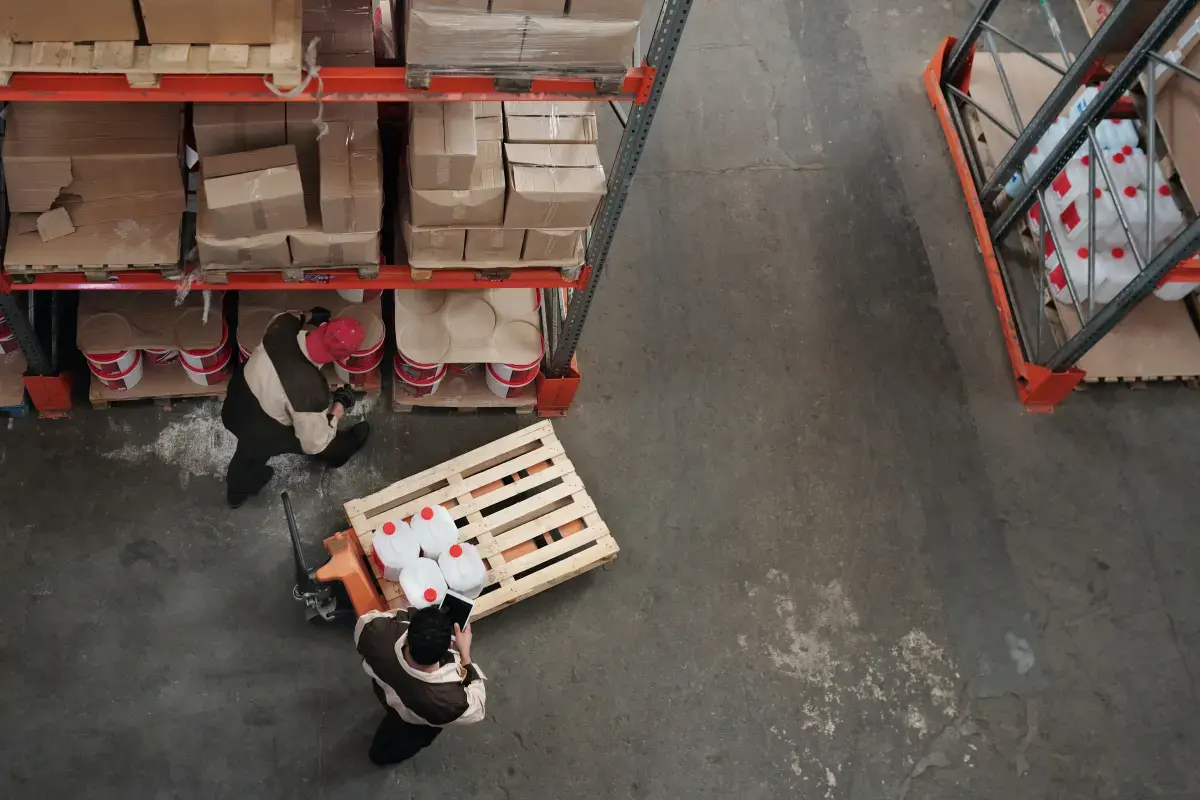
What are the roles and responsibilities of a Factory Worker?
Monitor maturity time and collect samples of products.
Test samples of dairy product and operating machinery for packaging dairy product.
Perform parts cutting, sewing, and gluing pieces together for various products.
Conduct spraying leather with finishing treatments or leather dye.
Perform in an assembly and manufacturing environment to operate machine inflating, molding or cutting airbags as specified.
Manufacture products according to specifications
Maintain quality standards
Follow safety procedures
Meet production quotas
Operate machines and equipment
Monitor assembly line operation
Perform basic maintenance on machinery and equipment
Troubleshoot breakdowns and defective parts
Replace worn or broken parts
Assemble Finished products
Inspect finished products for defects
Pack finished products for shipment
Stock materials
Recordkeeping
Cleaning
safety
sanitation
bottling
canning
labeling
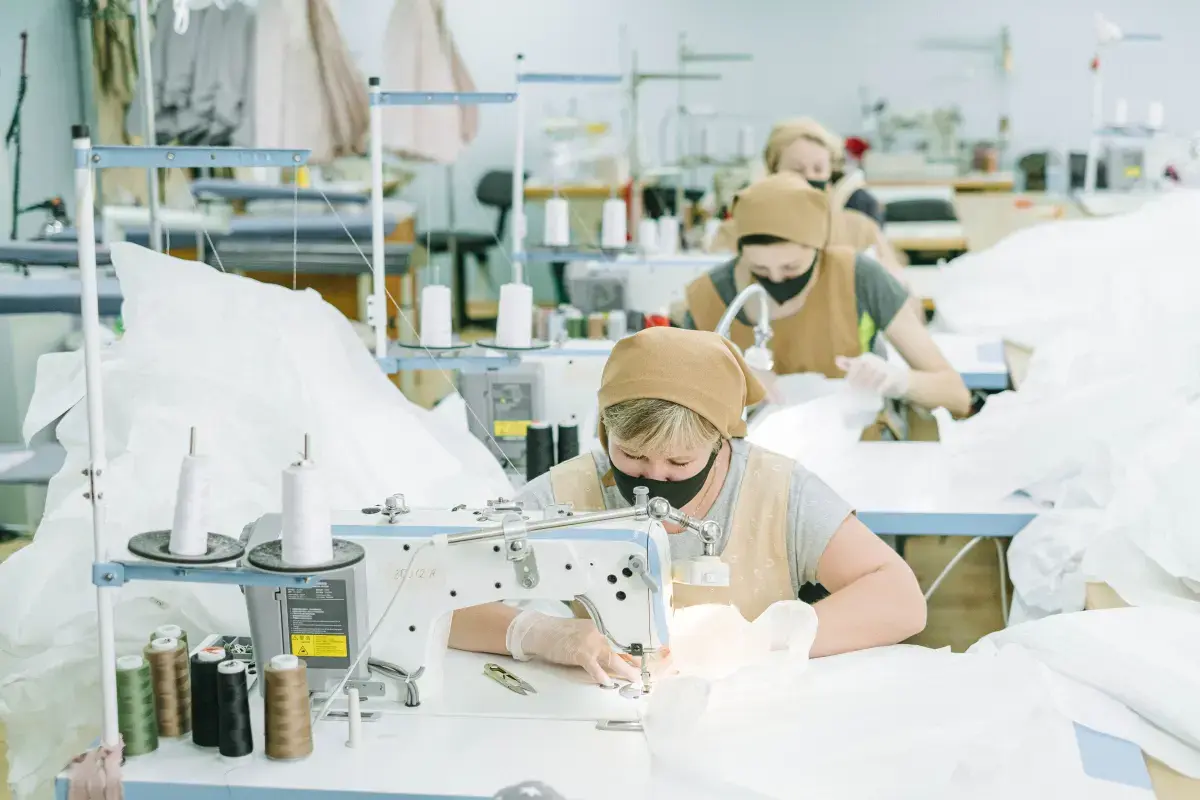
Where can I find Factory Worker jobs?
- Create a profile on gigexchange and promote your Factory Worker skills to advertise you are Open to New Work Opportunities
- Ensure your Resume (or CV), or online work profile is up to date and represents your skills and experience. Ensure your reputation reflects your ability & attitude.
- Apply for Factory Worker Jobs advertised on gigexchange.
- Practise Factory Worker interview techniques to ensure you represent your personality and ability succinctly and confidently.
- Accept the job offer if the salary meets your expectations and the employer mission and purpose reflects your core values.
Jobs
What are the best job boards for Warehouse Laborer jobs?

How can I hire Factory Worker staff online for my business?
The best job board for recruiting Factory Worker experts is gigexchange.com. Advertise full-time, part-time or contract jobs to find, hire & recruit trusted, experienced and talented Factory Worker candidates near you.

Are Factory Worker roles in demand in 2026?
Factory Worker experts are still in high demand in 2026. If you are an experienced Factory Worker or looking to train and become one. The job market is looking strong for Factory Worker jobs near me.